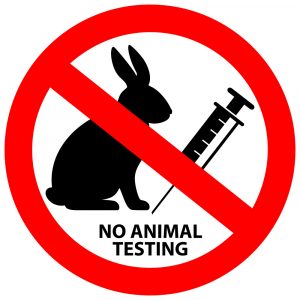
U.S. Rep. Ken Calvert (R-CA) on Jan. 5 reintroduced bipartisan legislation to improve reporting about animal testing and alternative test methods use by federal agencies.
“Subjecting animals to unnecessary testing is not only cruel but is a waste of taxpayer dollars,” said Rep. Calvert. “This bill builds upon the tremendous progress animal welfare advocates and I have made in curbing the use of animals in federally funded tests through the development of effective alternatives.”
Rep. Calvert last week sponsored the Federal Accountability in Chemical Testing (FACT) Act, H.R. 197, with five original cosponsors, including U.S. Reps. Vern Buchanan (R-FL) and Julia Brownley (D-CA).
If enacted, the measure would improve reporting by federal government agencies around their efforts to replace inefficient animal tests with faster, cheaper and more effective alternative methods for assessing the safety of chemicals, drugs, foods, cosmetics and other substances, according to a bill summary provided by Rep. Calvert’s office.
The original FACT Act, H.R. 249, was introduced in January 2019 by bill sponsor Rep. Calvert and cosponsors including U.S. Reps. Buchanan and Dina Titus (D-NV), but the bill stalled in the U.S. House Energy and Commerce Subcommittee on Health.
Specifically, the newly reintroduced bill would amend the Interagency Coordinating Committee on the Validation of Alternative Methods Authorization Act of 2000, which was created through legislation authored by Rep. Calvert, and would specify that biennial progress reports already required under the law include details on how many animals were used by each agency and for what tests, as well as those it required in regulatory submissions, according to the bill summary.
Currently, federal laws require agencies to minimize animal tests in favor of high-tech alternatives, but federal agencies do not report how many animals they use in testing or what they’re used for, subsequently challenging Congress to assess compliance, according to Rep. Calvert’s office.
H.R. 197 has been referred for consideration to the House Energy and Commerce Committee.



